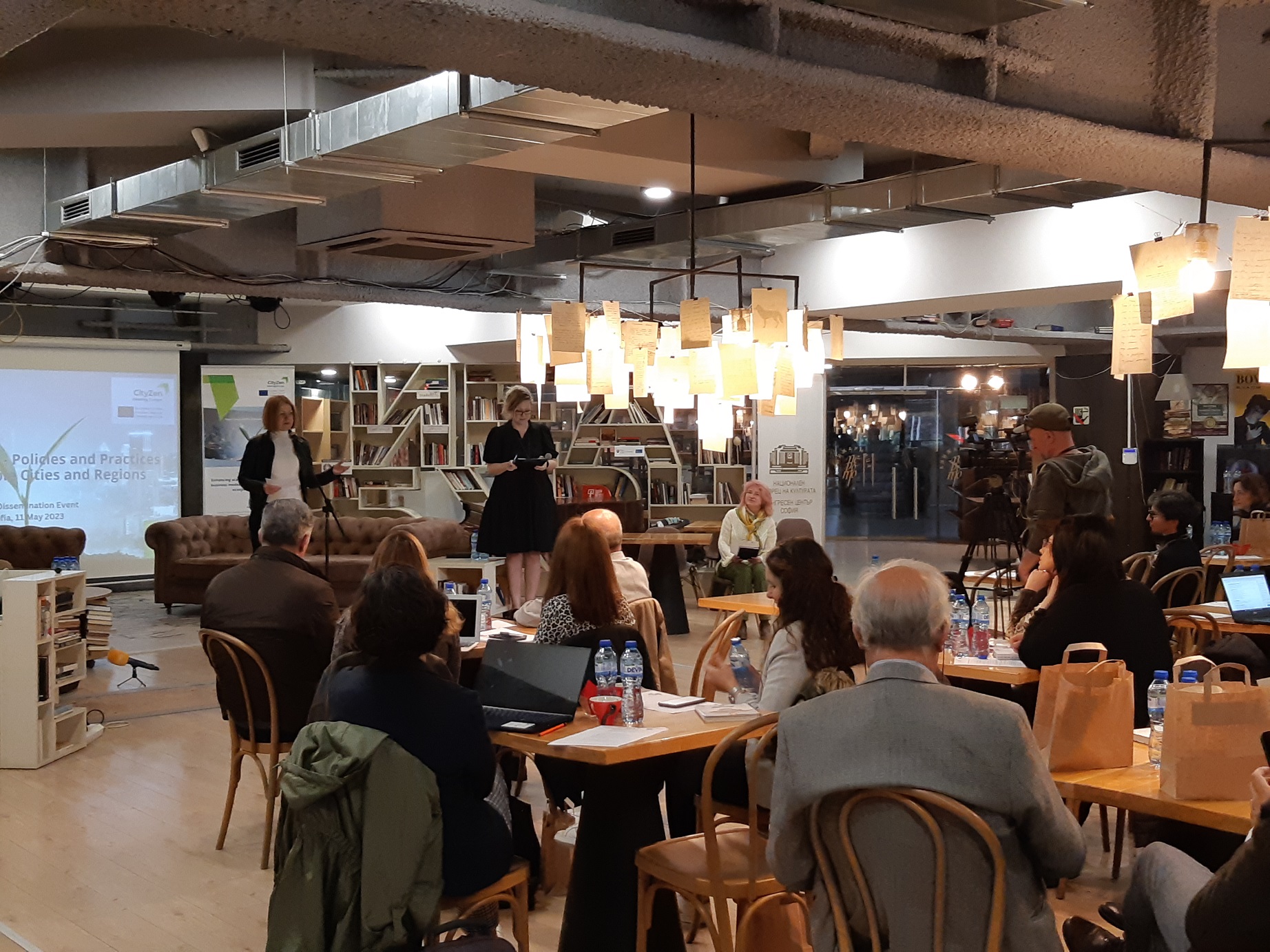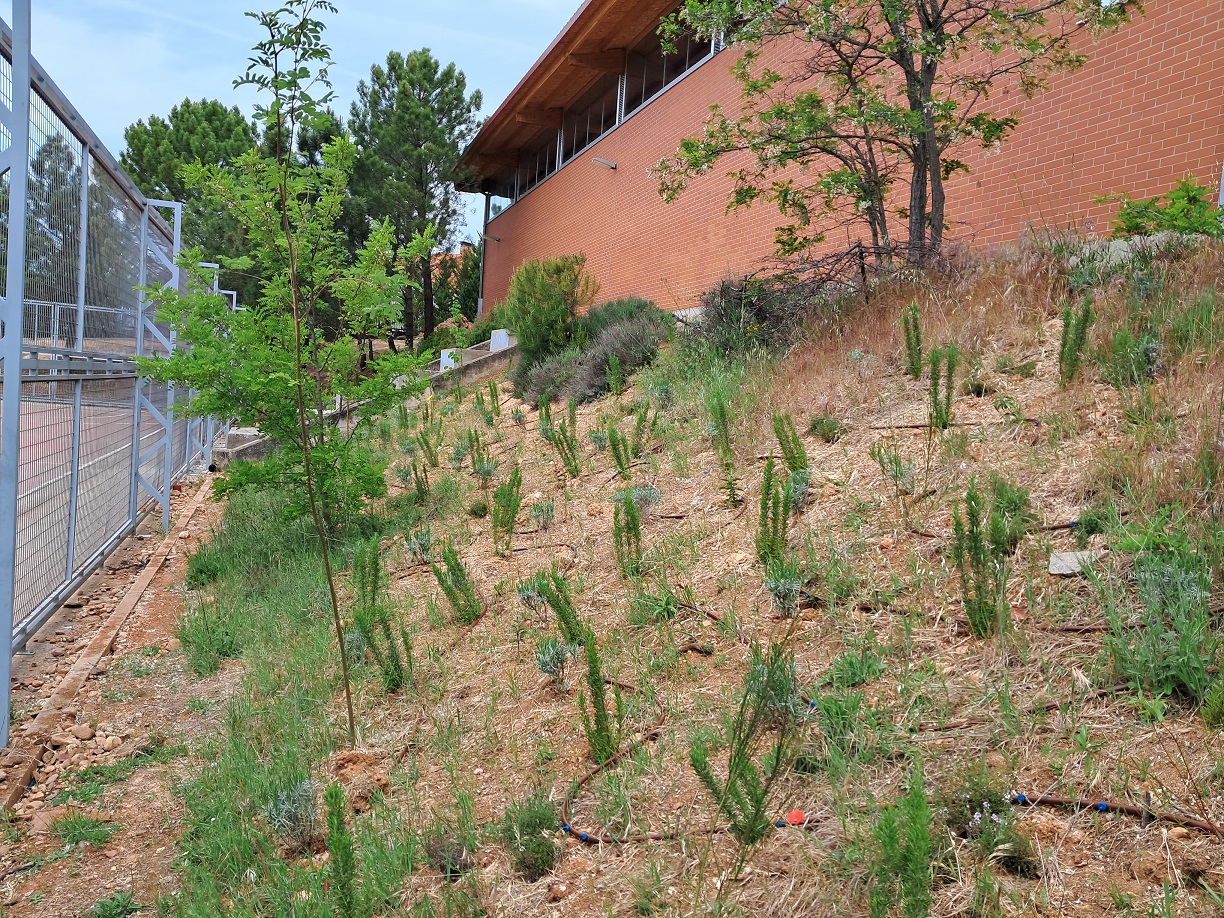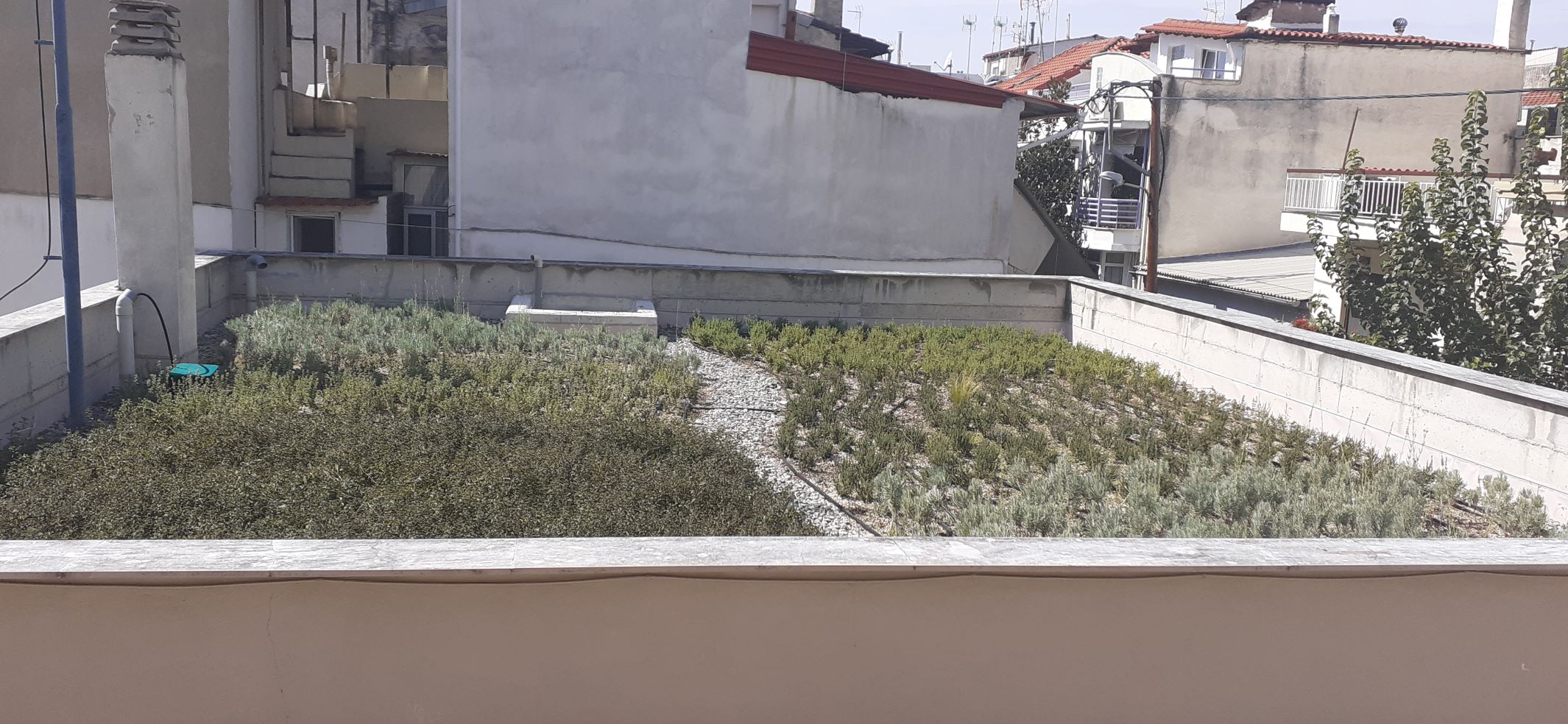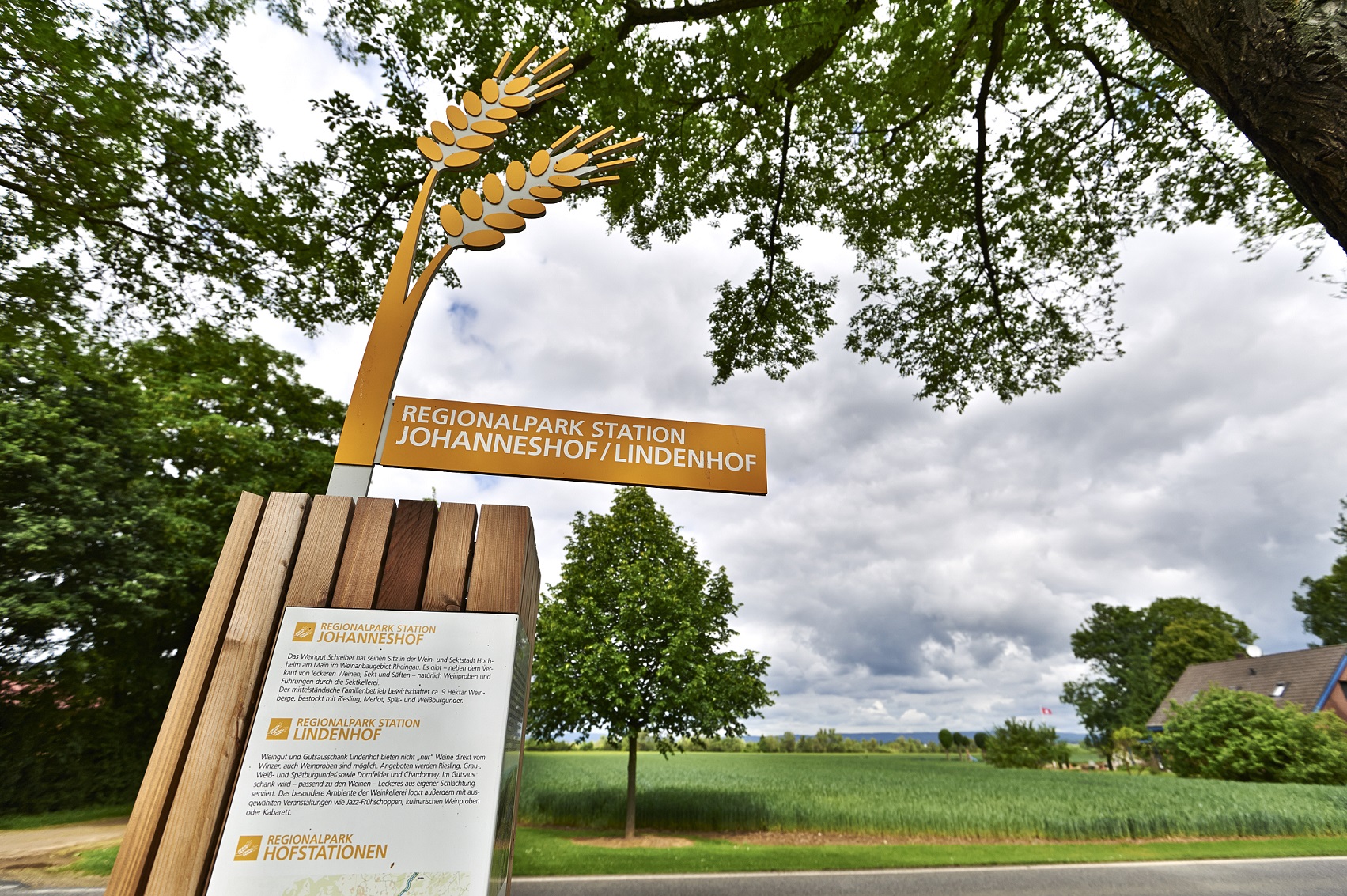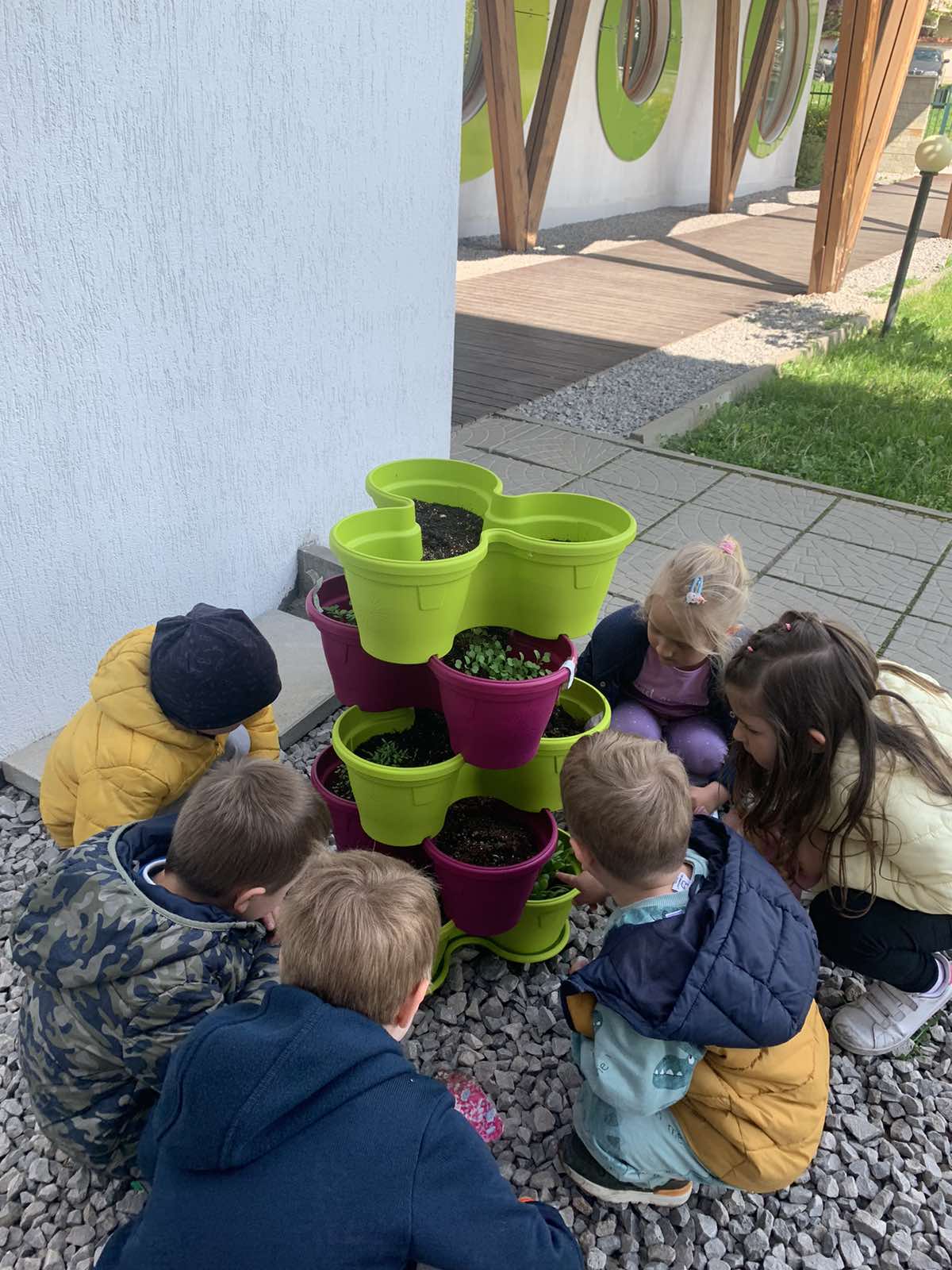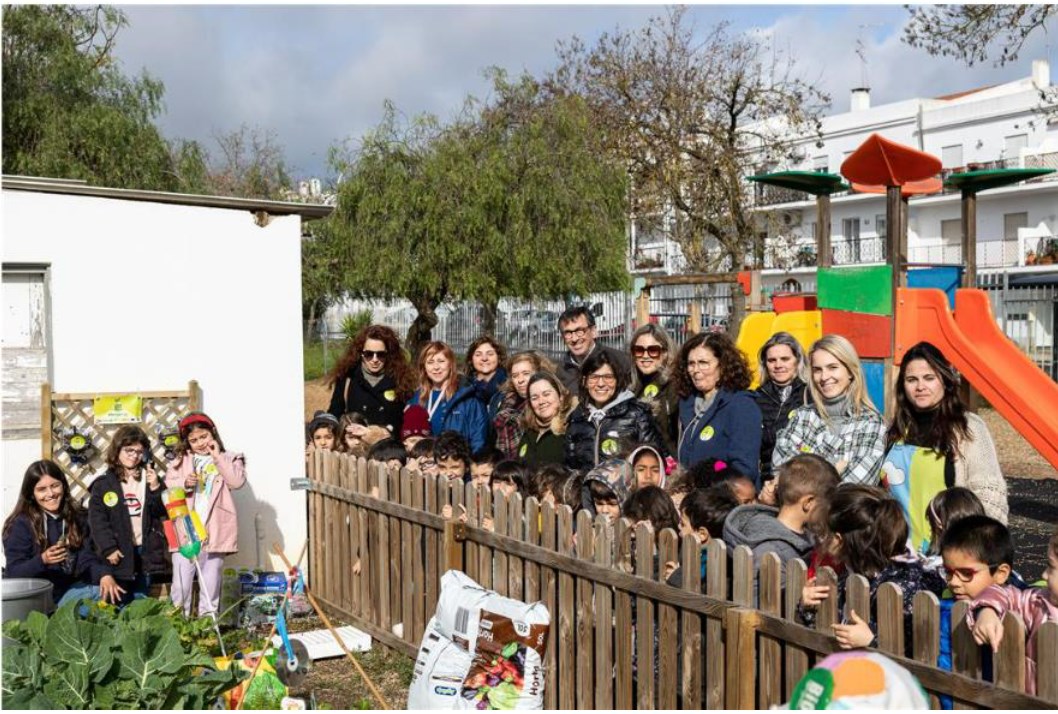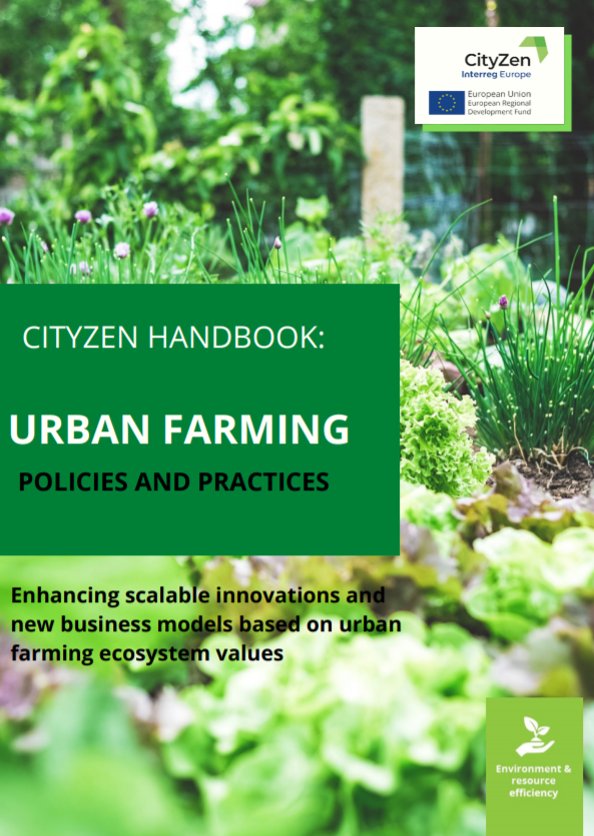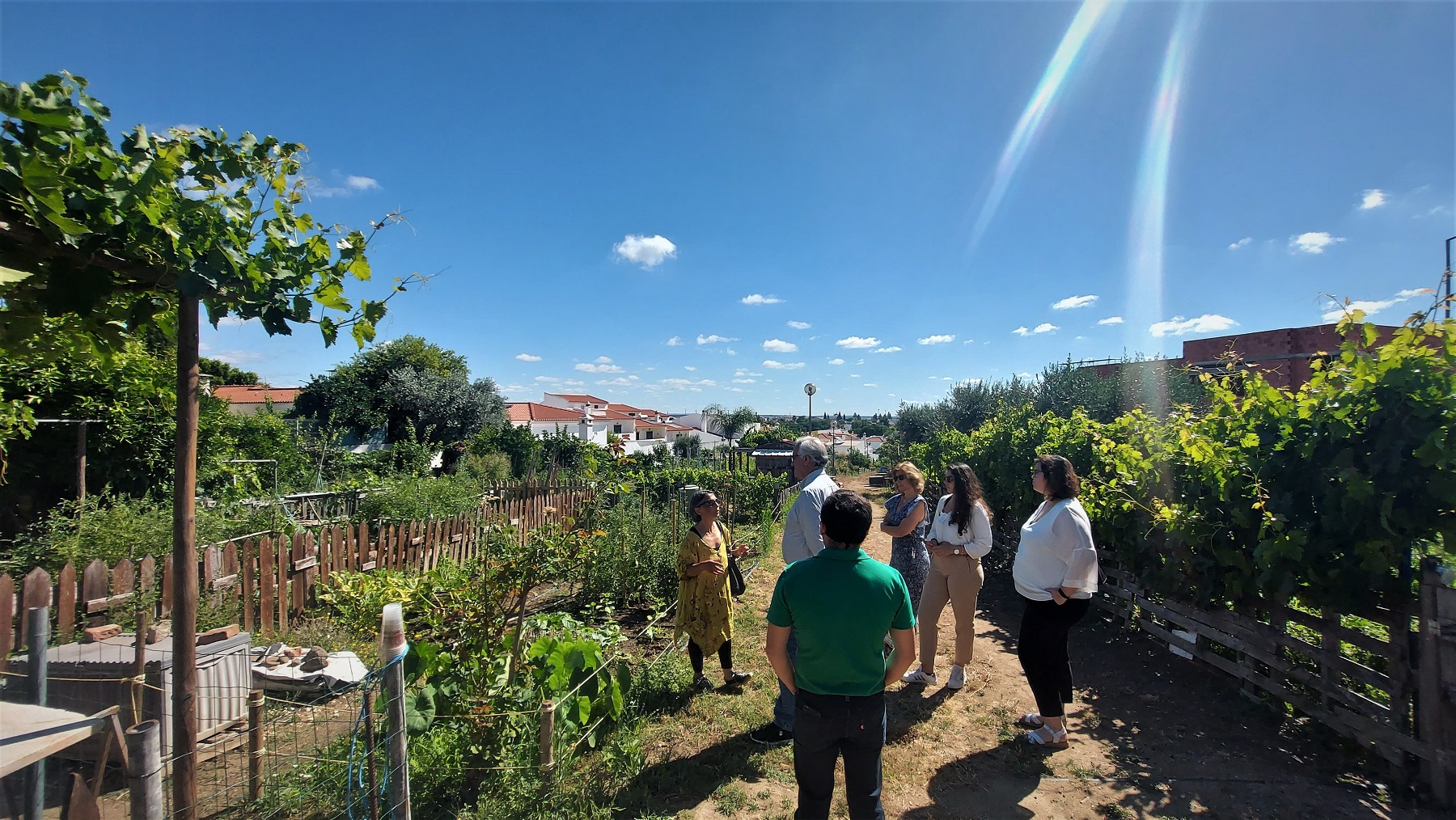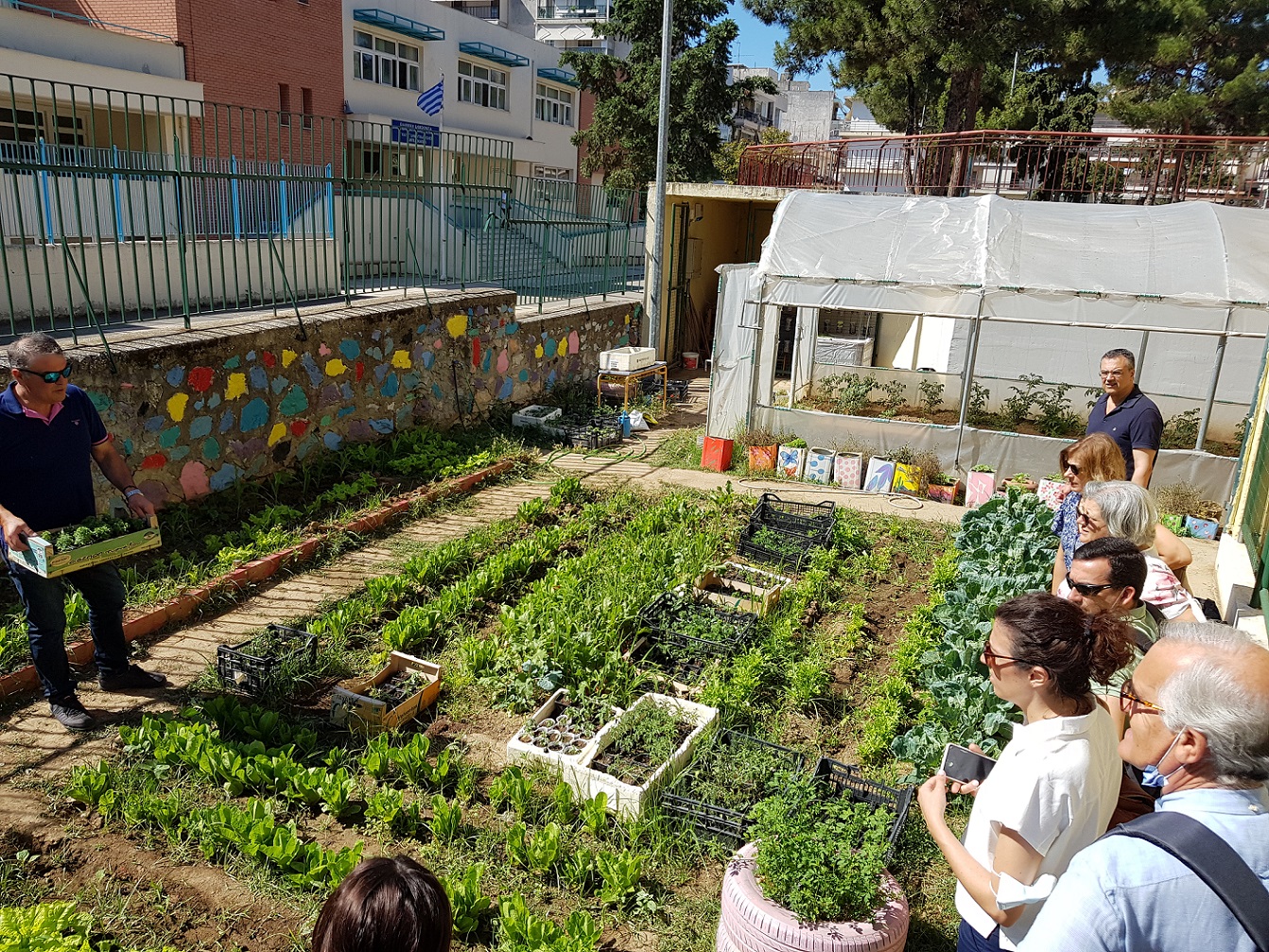In Castilla y Leon, the implementation of the Action Plan has brought about significant developments in the realm of urban agriculture and nature-based solutions. Specifically, all 65 school garden projects financed under the Regional Operational Programme 2014-2020 have been studied and analyzed. Site visits, frequent meetings with designers and construction managers, and a focus on fruit-bearing species and new allotment creation were integral parts of the process. Urban agriculture was recognized as a valuable green infrastructure with immense potential for climate adaptation, including the prevention of soil sealing and the mitigation of heat waves and flooding.
The Action Plan showcased a variety of elements aimed at promoting urban agriculture and biodiversity. Urban gardens, fruit trees, fruit shrubs, pollinator-attracting plants, composters, and rainwater collection structures were incorporated into the school environments. These initiatives not only contribute to the students' education but also offer multifunctional opportunities for learning and engaging with nature. They foster neighborhood cooperation, reduce truancy, and enhance the overall coexistence of the community with the schools.
Several indicators were closely monitored as part of the Action Plan's implementation. These included investments made in urban agriculture, the percentage of total investment dedicated to urban agriculture, the number of teachers and students utilizing the new investments, the square meters of new allotments, the number of edible trees, edible shrubs, and pollinator-attracting plants. Remarkable progress has been made, with a total of 642 fruit trees, 2616 fruit-bearing shrubs, and 7347 pollinator-attracting plants planted across the 65 schools. Additionally, a total of 916.49 square meters of allotments were established within the schoolyards.
The project, titled "Adaptation of schools to climate change through nature-based solutions and green infrastructure," has gained significant support from policy makers, including high-level representatives from the regional Ministry of Education and the regional Ministry of Environment. They have expressed their commitment to continue supporting and expanding the initiative in the coming years. Notably, the project has been included in the new ERDF OP Castilla y León 2021/2027 under the specific objective 2.4, "Adaptation to climate change." This marks a significant policy change as it is the first time the regional government has launched a call for proposals in the field of urban agriculture, fueled by the efforts of the CityZen project and regional policies.
Castilla y Leon's commitment to promoting urban agriculture and nature-based solutions in schools has yielded remarkable results. Through the implementation of the Action Plan, school gardens have been transformed into thriving spaces of learning, nature appreciation, and sustainable practices. The efforts have directly benefited over 17,000 students, fostering community engagement, reducing truancy rates, and enhancing the coexistence of the population with the schools.


